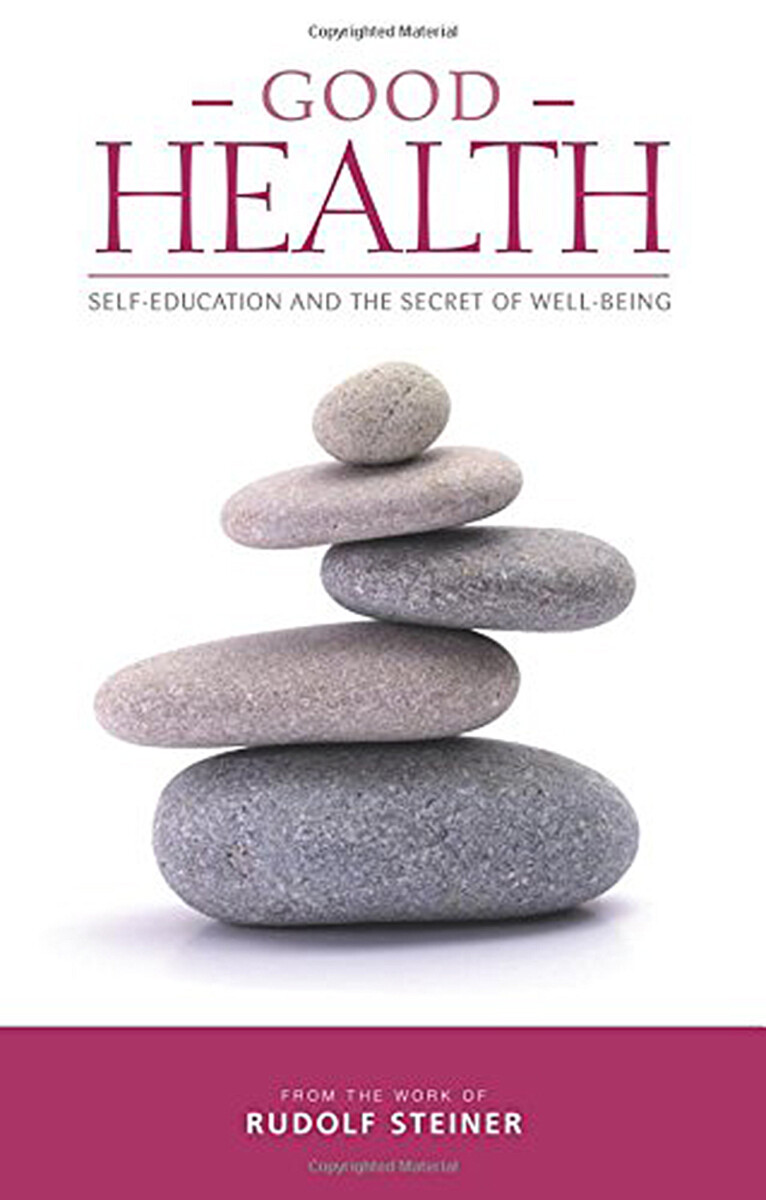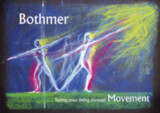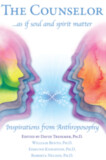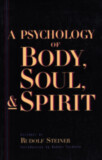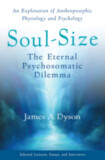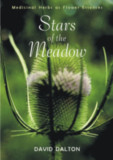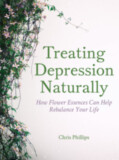Good Health
Self-Education and the Secret of Well-being
- Publisher
Rudolf Steiner Press - Published
7th July 2017 - ISBN 9781855845336
- Pages 72 pp.
- Size 5.3" x 8.5"
Rudolf Steiner offered numerous practical methods to enrich and enliven our daily lives. Drawing on these, the texts in this anthology provide a wealth of ideas to strengthen our health through self-education and personal development. The content ranges from tangible and easy exercises to relevant observations on human nature.
Steiner speaks of memory and forgetting as the basis of education and cultural development, explaining their significance for health and illness. He discusses the influences of the four human temperaments and their relationship to wellbeing, and the eightfold path in connection with self-education. Finally, he gives specific exercises for inner development to be practiced on the various days of the week.
The themes of personal resilience and “salutogenesis” (an approach focusing on factors that support human health and wellbeing rather than those that cause disease) are addressed directly by editor Harald Hass in his introductory essay.
C O N T E N T S:
Introduction: “The Basic Ideas behind Salutogenesis”
by Harald Haas
Notes
1. “Forgetting” (Berlin, Nov. 2, 1908)
2. Seminar Discusstions on the Temperaments (Stuttgart, Aug. 1919)
3. “Self-education” (Berlin, Mar. 14, 1912)
4. “For the Days of the Week”
Notes
Sources
Rudolf Steiner
Rudolf Steiner (b. Rudolf Joseph Lorenz Steiner, 1861–1925) was born in the small village of Kraljevec, Austro-Hungarian Empire (now in Croatia), where he grew up. As a young man, he lived in Weimar and Berlin, where he became a well-published scientific, literary, and philosophical scholar, known especially for his work with Goethe’s scientific writings. At the beginning of the twentieth century, he began to develop his early philosophical principles into an approach to systematic research into psychological and spiritual phenomena. Formally beginning his spiritual teaching career under the auspices of the Theosophical Society, Steiner came to use the term Anthroposophy (and spiritual science) for his philosophy, spiritual research, and findings. The influence of Steiner’s multifaceted genius has led to innovative and holistic approaches in medicine, various therapies, philosophy, religious renewal, Waldorf education, education for special needs, threefold economics, biodynamic agriculture, Goethean science, architecture, and the arts of drama, speech, and eurythmy. In 1924, Rudolf Steiner founded the General Anthroposophical Society, which today has branches throughout the world. He died in Dornach, Switzerland.


